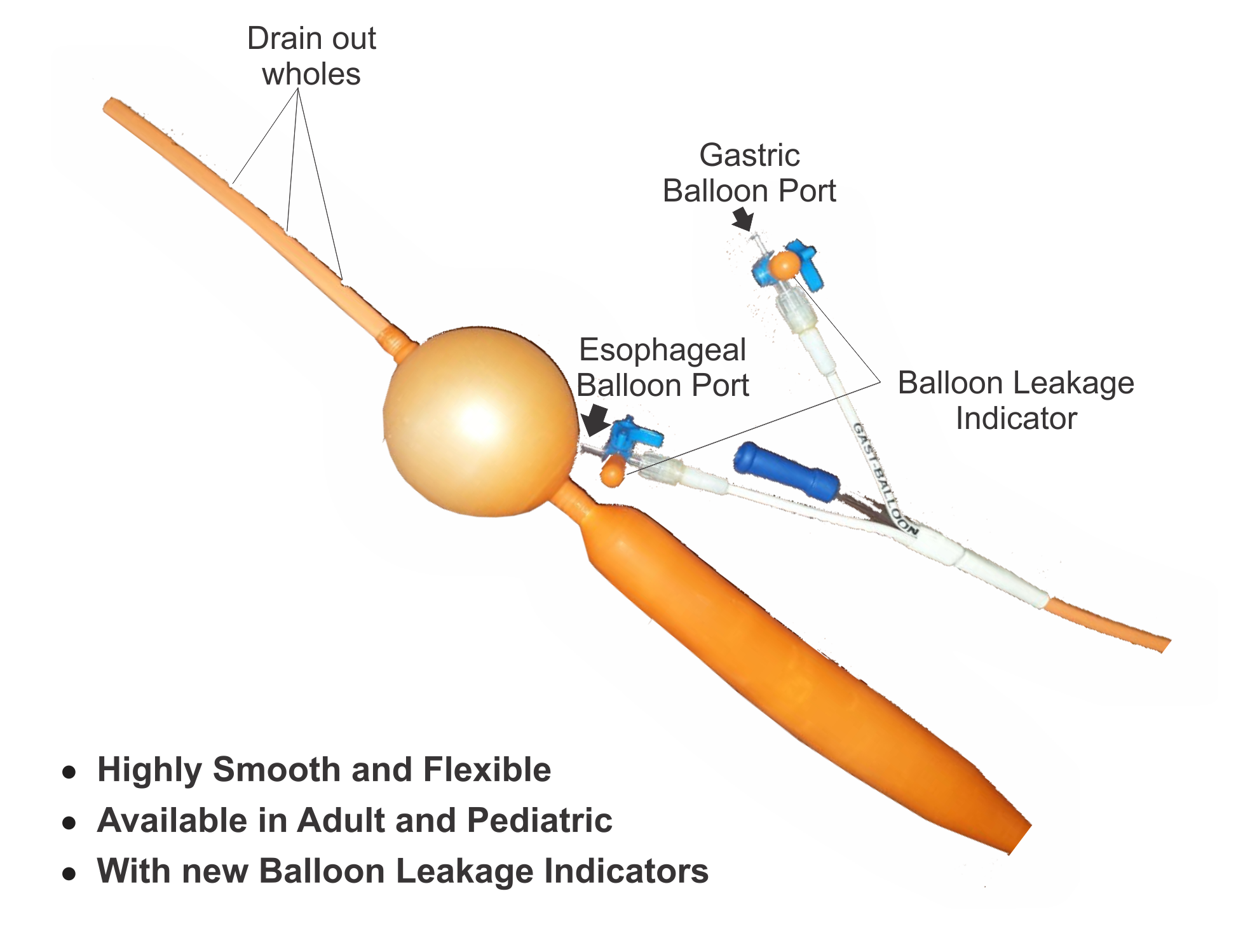Gastroenterology accessories encompass a range of specialized tools and devices used in the diagnosis and treatment of gastrointestinal (GI) disorders. These accessories are crucial for procedures such as endoscopy, colonoscopy, and other minimally invasive interventions in the GI tract. Here are some common gastroenterology accessories:
- Endoscopes: These are flexible or rigid tubes equipped with a light and camera used to examine the inside of the GI tract, including the esophagus, stomach, small intestine, and colon.
- Biopsy Forceps: These instruments are used to take tissue samples (biopsies) during endoscopic procedures for further examination and diagnosis of conditions like cancer, inflammation, or infection.
- Polypectomy Snares: These devices are used to remove polyps (abnormal tissue growths) detected during colonoscopy to prevent potential cancer development.
- Dilation Balloons: These balloons are used to dilate strictures or narrow areas in the esophagus, stomach, or intestines, helping to relieve obstructions.
- Injection Needles: These needles are used to inject medications, such as epinephrine or saline, into GI tissue to stop bleeding or treat other conditions.
- Clips and Hemostasis Devices: Used to close small bleeding vessels or perforations detected during endoscopic procedures.
- Stents: These are used to treat strictures or blockages in the esophagus, stomach, or intestines, providing a temporary or permanent solution to maintain patency.
- Guidewires and Catheters: These tools assist in navigating the GI tract during endoscopic procedures, allowing access to specific areas for diagnostic or therapeutic purposes.
- Suction and Irrigation Devices: These devices help in clearing the area of interest during endoscopy by removing fluids and debris.
These accessories are essential for gastroenterologists and endoscopists to perform a wide range of procedures safely and effectively, aiding in the diagnosis and treatment of various GI conditions. Each tool serves a specific purpose in the management of gastrointestinal disorders and plays a critical role in patient care.

